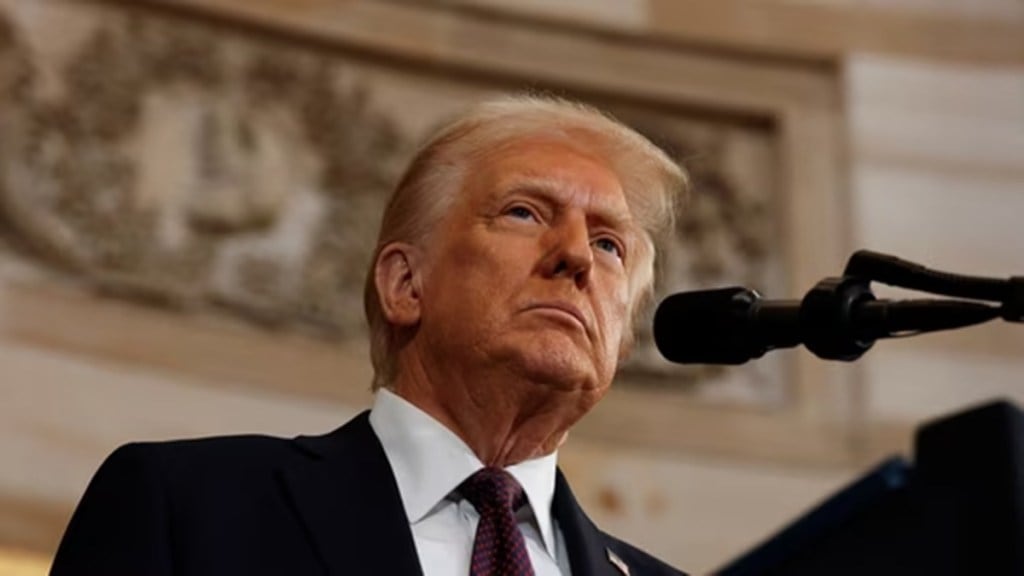US President Donald Trump through an executive order declared on Tuesday that the 15% minimum global corporate tax deal has “no force or effect” in the country, effectively pulling out America from the 2021-landmark pact signed by around 140 countries.
Tax experts say that the impact of the US pulling out of the global tax deal would have a monumental impact on the global tax landscape, especially for countries who have already adopted or formulated rules in their domestic law for implementing the Pillar 2 rules.
“India, on the other hand, has always adopted a ‘wait and watch’ policy on adoption of GloBE rules and has yet to introduce any substantial legislative change in this direction,” said Rakesh Nangia, managing partner, Nangia & Co.
“Thus, the US pulling out of the global tax deal would not have much impact on India purely from a tax collection standpoint,” he added
The tax deal, known as ‘Pillar 2-GloBE Rules’, anchored by the Organisation for Economic Cooperation and Development (OECD), provides for a global minimum tax for “multinational enterprises” (MNEs), and aims to deter profit shifting by ensuring that these firms maintain a minimum Effective Tax Rate (ETR) of 15% across all jurisdictions in which they operate.
MNEs, as per the rules, are defined as those entities with a global turnover exceeding 750 million euros. So far, around 50 of the 140 countries that signed the relevant multilateral convention have embraced Pillar 2, which includes many European nations. India has not yet implemented the Pillar 2 rules.
Trump’s order stated that because of the global tax deal and other “discriminatory” foreign tax practices, American companies may face retaliatory international tax regimes if the United States does not comply with foreign tax policy objectives. “This memorandum recaptures our nation’s sovereignty and economic competitiveness by clarifying that the global tax deal has no force or effect in the US,” the order said.
Trump has also ordered the U.S. Treasury to prepare options for “protective measures” against countries that have-or are likely to -put in place tax rules that disproportionately affect American companies.
To be sure, the effective corporate tax rate in India is 25.17%, and this rate will remain unchanged even after the adoption of Pillar 2. The new regime will only allow the government to collect additional tax revenue, in the form of “top-up tax”, from companies who are artificially reporting profits in low-tax jurisdictions.
FE had reported earlier that an internal analysis by the government shows that India stands to gain merely Rs 100-200 crore of additional revenue after adopting Pillar 2, and that too under specific circumstances.

